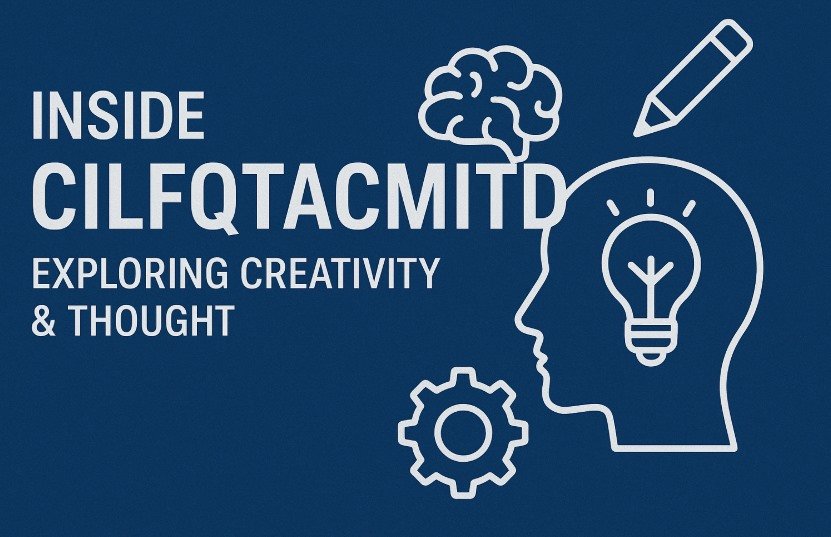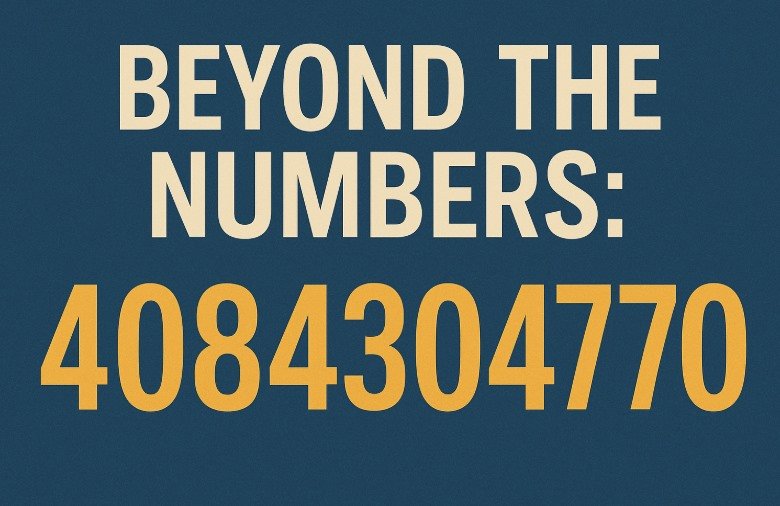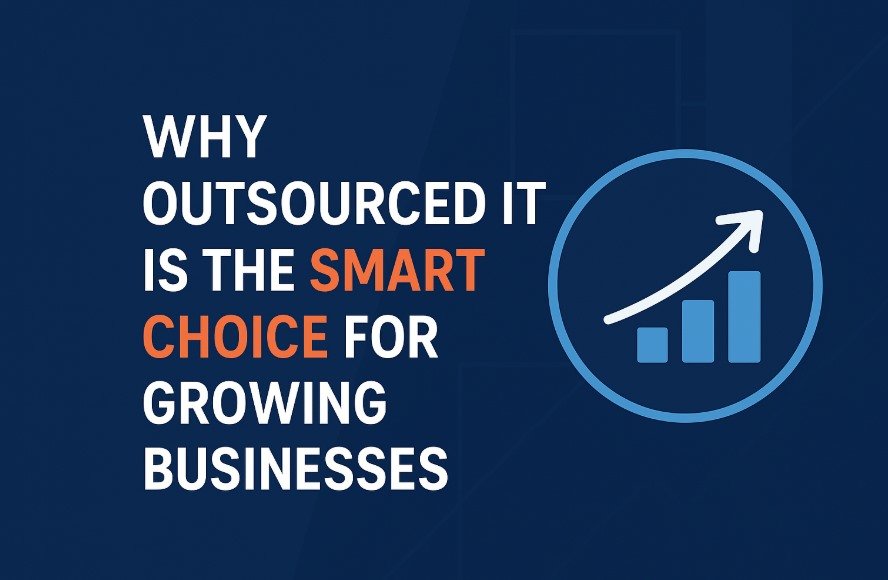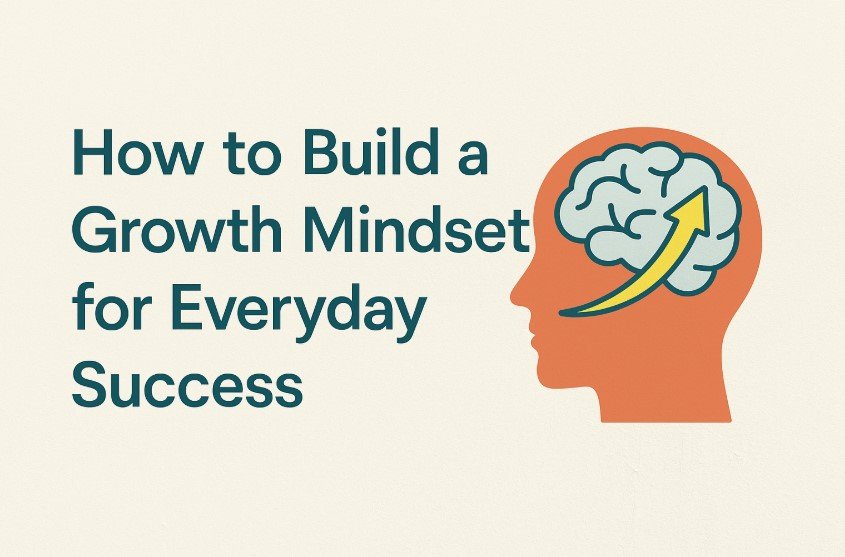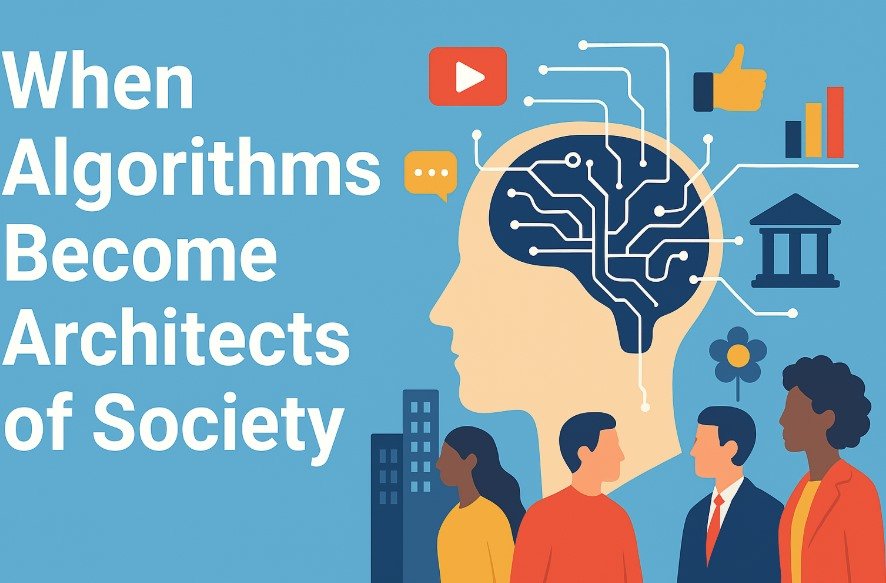
In today’s world, algorithms are not just tools running quietly in the background of our digital lives. They are becoming powerful forces that influence how societies work. From the content people see on social media to the way financial systems operate, algorithms shape opinions, decisions, and behaviors. This growing role raises important questions about who designs these systems, what goals they serve, and how they impact fairness in society.
What Are Algorithms?
Algorithms are essentially sets of instructions that tell computers how to process information. They are not inherently good or bad, but the way they are used has real consequences. For example, social media platforms use algorithms to decide which posts appear at the top of a user’s feed. These choices can influence public debate, amplify certain voices, and even impact elections. What used to be simple tools for organizing information are now systems that actively shape social structures.
Algorithms in Communication
One of the main areas where algorithms act as architects of society is in communication. Platforms such as Facebook, Twitter, TikTok, and Instagram rely heavily on algorithmic feeds. These feeds prioritize posts based on relevance, engagement, or predicted interest. The result is that people are often exposed to content that aligns with their past behavior, creating what many call echo chambers. Instead of being exposed to diverse perspectives, users are surrounded by information that confirms their existing beliefs. This situation can deepen divisions and polarize communities.
Algorithms in Economics
Another important area is economics. Algorithms are used in finance, retail, and logistics to optimize efficiency and profits. In financial markets, algorithmic trading systems can buy and sell assets in milliseconds. While this technology improves liquidity, it can also cause instability, as seen in sudden market crashes triggered by automated systems. In retail, algorithms set prices, recommend products, and manage supply chains. Consumers might not realize it, but many of the choices available to them are already filtered by automated decision-making.
Algorithms in Public Services
In public services, governments and institutions are also relying more on algorithms. They are used to predict crime, allocate resources, and determine eligibility for welfare programs. For example, predictive policing tools analyze crime data to suggest where police officers should patrol. While these systems aim to reduce crime, they can also reinforce biases if the data they are trained on reflects unequal treatment. This means that certain communities may face more surveillance and policing simply because of past patterns.
Algorithms in Education
Education is another area where algorithmic systems are playing a growing role. Online learning platforms use algorithms to recommend courses, assess performance, and personalize study paths. While this can improve learning experiences, it can also create unequal outcomes if the systems fail to recognize diverse learning needs. In addition, the reliance on standardized data can limit creativity and critical thinking.
Algorithms in Employment
Employment and hiring practices have also changed with algorithmic systems. Many companies now use automated systems to screen job applications. These systems scan resumes and filter candidates based on certain criteria. While they save time for employers, they can unintentionally discriminate against qualified candidates if the criteria are too narrow or biased. For example, if an algorithm is trained on past hiring data that favored certain groups, it may continue to exclude others.
Accountability and Responsibility
The growing influence of algorithms raises the issue of accountability. Who is responsible when an algorithm causes harm? Is it the company that created it, the programmers who built it, or the organizations that use it? These questions are still debated, and there are no simple answers. What is clear is that as algorithms become more integrated into daily life, there is a need for transparency. People should be able to understand how decisions are made and challenge them if they feel treated unfairly.
Privacy Concerns
Privacy is another concern. Algorithms often rely on large amounts of data to make decisions. This data comes from browsing histories, online purchases, GPS tracking, and even biometric information. While companies claim that this data improves user experience, it also creates risks of surveillance and misuse. The more information collected, the more power algorithms have to shape behavior. This situation has led to calls for stronger data protection laws and ethical standards in technology development.
Balancing Innovation and Responsibility
As algorithms take on the role of architects of society, it becomes important to balance innovation with responsibility. The benefits of automation and data-driven systems are clear, but they must be weighed against the potential harm. The challenge lies in building systems that are fair, accountable, and transparent. Without proper oversight, there is a risk that these systems will reinforce inequality and limit freedom of choice.
Human Choices Behind Algorithms
The conversation about algorithms is not only about technology but also about values. Decisions about what data to use, what goals to pursue, and what trade-offs to accept are human choices. These choices determine whether algorithms create a society that is more open and fair or one that is more divided and controlled. Understanding this role is the first step toward ensuring that the future of society is guided by ethical and inclusive principles.
The Role of Algorithms in Media and News
Media organizations are increasingly dependent on algorithms to deliver news. Online platforms personalize headlines, suggest articles, and decide which stories trend. While this system helps readers find topics of interest, it also creates selective exposure. People may only read content that matches their views while ignoring alternative perspectives. This process can reduce the role of journalism in presenting balanced information and weaken the shared understanding that societies need. When algorithms drive media consumption, public debate becomes fragmented and trust in institutions can decline.
Political Influence of Algorithms
Another area where algorithms play a strong role is in politics. Campaigns now use advanced data analysis to target voters with personalized messages. Social media platforms, driven by algorithms, are key spaces where political opinions are shaped. Targeted advertising and recommendation systems can amplify specific messages to select groups, making it easier to spread persuasive content. In some cases, misinformation spreads faster because algorithms prioritize engagement rather than accuracy. This situation raises concerns about how democratic processes are being influenced and whether elections can remain fair when information is filtered by automated systems.
Algorithms and Social Inequality
Algorithms do not operate in a vacuum. They rely on data collected from real-world situations, which often reflects existing inequalities. If the data shows patterns of discrimination, algorithms may repeat and even worsen those patterns. For example, predictive policing systems may send more officers to areas that already experience heavy policing. Hiring systems may prefer candidates similar to past employees, excluding others who could bring diversity. These outcomes highlight the risk of algorithms reinforcing social inequalities rather than reducing them.
The Global Impact of Algorithms
The influence of algorithms is not limited to one country or culture. In a globalized world, platforms like Google, Facebook, and TikTok operate across borders. This means that the way their algorithms function has international consequences. Cultural trends spread quickly, but so does harmful content. Countries with weaker regulations may face challenges in controlling the impact of large technology companies. At the same time, some governments use algorithms for surveillance and control, which affects the rights and freedoms of citizens. The global reach of these systems shows that the debate about algorithms is not only local but worldwide.
The Push for Transparency
One proposed solution is greater transparency in how algorithms work. If companies disclose how decisions are made, users can better understand why they see certain results or recommendations. Transparency can also help researchers and regulators evaluate whether algorithms are fair. However, many companies resist this idea, arguing that their algorithms are trade secrets. This creates tension between protecting business interests and ensuring that society is not harmed by opaque decision-making systems.
Building Ethical Standards
Another step toward addressing these challenges is creating ethical standards for algorithm design and use. Universities, governments, and technology organizations are now discussing principles such as fairness, accountability, and inclusiveness. These standards would require that systems avoid discrimination, provide clear explanations, and allow users to question decisions. While rules alone cannot solve every issue, they can provide a framework that encourages responsible development.
Education and Public Awareness
For society to adapt, people need to understand how algorithms affect their lives. Education plays an important role in building this awareness. Schools and universities can include digital literacy in their programs, teaching students how automated systems work and what risks they carry. Public campaigns can also help citizens recognize the influence of algorithms in everyday activities such as shopping, news consumption, or job applications. With greater awareness, individuals can make informed choices and demand accountability from companies and governments.
Innovation with Responsibility
It is important to recognize that algorithms also bring significant benefits. They improve efficiency, reduce costs, and make services more accessible. For example, navigation apps rely on algorithms to provide real-time traffic updates, saving people time and fuel. Medical systems use algorithms to detect diseases earlier and suggest treatment options. These examples show that technology can serve society in positive ways. The challenge is ensuring that progress does not come at the expense of fairness and human rights. Innovation and responsibility must go hand in hand.
The Future of Society with Algorithms
Looking forward, algorithms will likely become even more central to society. Artificial intelligence and machine learning are advancing rapidly, expanding the reach of automated decision-making. In the future, self-driving cars, smart cities, and personalized healthcare will depend heavily on algorithms. These innovations could improve quality of life, but they will also raise new ethical and legal questions. The choices made today about governance, transparency, and fairness will shape how future societies function under the influence of algorithms.
Conclusion
When algorithms become architects of society, the impact is far-reaching. They affect communication, economics, education, employment, politics, and culture. They can create opportunities, but they can also deepen inequalities and reduce transparency. The challenge for society is to find the right balance between using algorithms for progress and ensuring that they do not undermine fairness or freedom. Accountability, ethical standards, and public awareness are key steps toward achieving this balance. Algorithms are not neutral tools. They reflect human choices, values, and priorities. As they continue to guide more areas of life, society must make conscious decisions about how they are built and used. Only by doing so can we ensure that the future shaped by algorithms is one that benefits everyone.
Read more: How to Blend Indoor-Outdoor Living Spaces with Seamless Design













